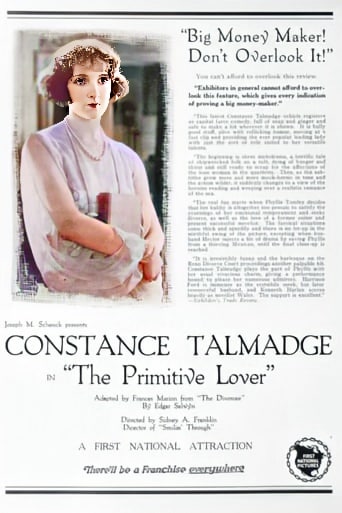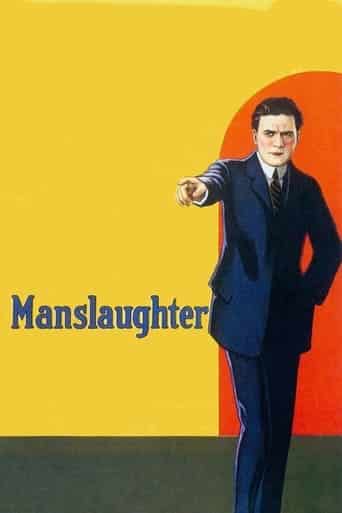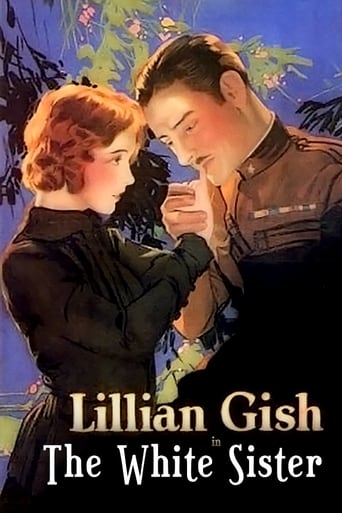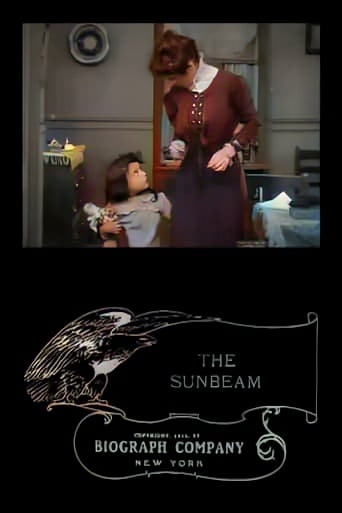The Floorwalker (1916)

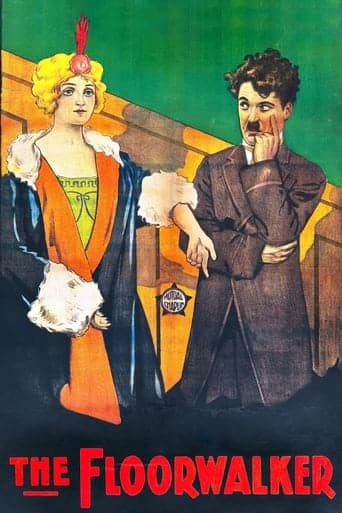 “The Floorwalker” (1916), a silent film directed by and starring the iconic Charlie Chaplin, stands as a classic example of early 20th-century cinema.
“The Floorwalker” (1916), a silent film directed by and starring the iconic Charlie Chaplin, stands as a classic example of early 20th-century cinema.
In this short comedy, Chaplin’s timeless character, the Tramp, finds himself entangled in a web of mistaken identity and comedic chaos when he is tricked into impersonating an embezzling floorwalker in a bustling department store. With a stellar supporting cast including Eric Campbell, Edna Purviance, Lloyd Bacon, and Albert Austin, the film showcases Chaplin’s genius in physical comedy and storytelling.
At the heart of “The Floorwalker” is the lovable Tramp, a character that has become synonymous with Chaplin’s legacy in cinema. The Tramp’s charm lies in his resilience and ability to navigate the challenges of life with humor and grace. Chaplin’s physicality and expressive face make the character universally relatable, transcending language barriers and resonating with audiences across generations.
The narrative kicks off with a chance encounter between the Tramp and a wealthy-looking man who happens to be his doppelgänger. This encounter sets the stage for mistaken identities and hilarious misunderstandings. Chaplin’s ability to create humor from everyday situations is on full display as he effortlessly weaves a tale of deception and mix-ups.
Eric Campbell, a frequent collaborator with Chaplin, plays the role of the actual floorwalker who is embezzling money from the department store. Campbell’s imposing presence and comedic timing add a layer of antagonism to the film. The dynamic between the Tramp and the scheming floorwalker creates the central conflict that propels the story forward.
Edna Purviance, a regular leading lady in Chaplin’s films, adds a touch of romance to “The Floorwalker.” Her character becomes pivotal as she navigates the confusion surrounding the Tramp’s mistaken identity. Purviance’s on-screen chemistry with Chaplin contributes to the emotional depth of the film, elevating it beyond mere slapstick comedy.
Lloyd Bacon and Albert Austin, in supporting roles, provide additional comedic elements to the film. Bacon’s portrayal of a store detective and Austin’s role as a fellow employee contribute to the chaotic atmosphere of the department store. The ensemble cast’s chemistry enhances the overall comedic impact of the film.
One of the film’s standout sequences is the inventive use of an escalator, a relatively new and novel invention in the early 20th century. Chaplin’s physical comedy shines as he navigates the moving staircase in a series of hilarious and precarious situations. This sequence showcases Chaplin’s ability to integrate contemporary elements into his comedic repertoire.
The department store setting serves as a microcosm of society, allowing Chaplin to satirize the complexities and absurdities of urban life. The bustling environment becomes a canvas for physical comedy, with Chaplin interacting with customers, employees, and the store’s various amenities in a sequence of memorable gags. The film’s commentary on the dehumanizing aspects of consumer culture is subtly woven into the comedic fabric.
Chaplin’s directorial vision is evident in the film’s pacing and visual storytelling. The use of long takes and meticulously choreographed physical comedy sequences demonstrates Chaplin’s mastery of the medium. His attention to detail and precision in crafting each comedic moment contribute to the film’s timeless appeal.
As the narrative unfolds, the Tramp’s accidental assumption of the floorwalker’s identity leads to a climactic confrontation with the real embezzler. The resolution of the mistaken identity plotline is both satisfying and humorous, showcasing Chaplin’s ability to tie together disparate elements into a cohesive and entertaining narrative.
“The Floorwalker” is a testament to Chaplin’s status as a pioneer in silent cinema. Released during a transformative period in filmmaking, the film reflects the evolving techniques and storytelling conventions of the time. Chaplin’s influence on the art of cinema is evident not only in his on-screen performances but also in his role as a director and innovator.
In conclusion, “The Floorwalker” (1916) remains a classic in the silent film canon, showcasing Charlie Chaplin’s unparalleled comedic talent and directorial prowess. The film’s enduring appeal lies in its universal humor, relatable characters, and Chaplin’s ability to capture the essence of the human experience. As a foundational piece in Chaplin’s cinematic legacy, “The Floorwalker” continues to entertain and charm audiences, solidifying its place in the annals of film history.
Release Date: May 15th, 1916
Main Cast Members
Charlie Chaplin (Impecunious Customer)
Eric Campbell (Store Manager)
Edna Purviance (Store Manager’s Secretary)
Lloyd Bacon (Assistant Manager)
Charlotte Mineau (Store Detective)
Albert Austin (Shop Assistant)
Leo White (Elegant Customer)
Frank J. Coleman (Janitor)
James T. Kelley (Lift Boy)
Loading live eBay listings...

